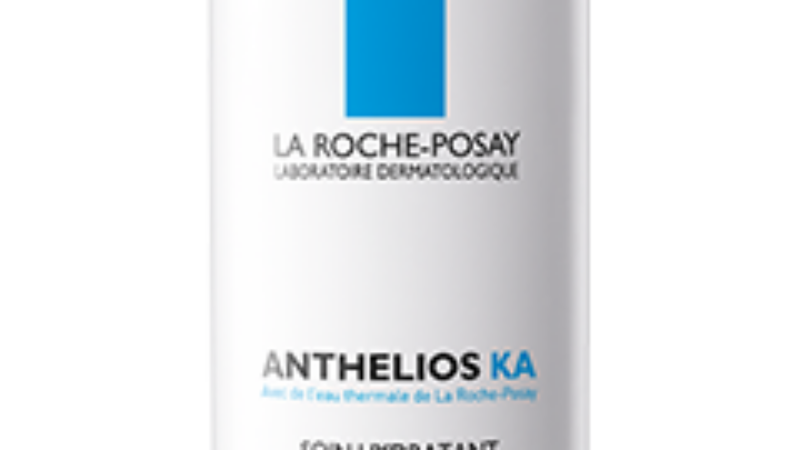 Mask of pregnancy, is essentially Melasma that occurs when a woman is pregnant. It is also known as Chloasma.
Mask of pregnancy, is essentially Melasma that occurs when a woman is pregnant. It is also known as Chloasma.
Presenting as a skin discoloration, mask of pregnancy can affect anyone during pregnancy. The discoloration appears as dark, irregular patches on the upper cheek, nose, lips, upper lip, and forehead. The patches often develop gradually over time. Fortunately, there are no other symptoms beyond the skin discoloration.
The increase in levels of the hormones estrogen and progesterone during pregnancy are thought to be implicated in the condition, perhaps by stimulating production of melanin (skin pigment). Exposure to the sun’s UV rays is thought to exacerbate the symptoms. Pregnant women with light brown skin and who live in areas that experience intense sun exposure are particularly susceptible to developing mask of pregnancy. A genetic predisposition may also play a role.
In many individuals the discoloration usually disappears spontaneously over a period of several months after giving birth. Various treatments can accelerate the fading process, although treatment results vary amongst individuals. For safety reasons, check with your physician to see if the following are appropriate to use in treating mask of pregnancy:
- Topical depigmenting or fading agents, including hydroquinone, kojic acid or a range of botanical skin lightening agents
- Vitamin A derivatives including over the counter retinol (as in Green Cream) or prescription only retinoic acid work by increasing skin cell turnover. These ingredients are not safe for use during pregnancy
- Azelaic acid (20%), which is thought to decrease the activity of melanocytes (pigment producing skin cells)
- Peels with alpha hydroxy acids to remove existing skin discoloration. At home solutions include Neostrata
- Laser treatments performed by a qualified professional
•



